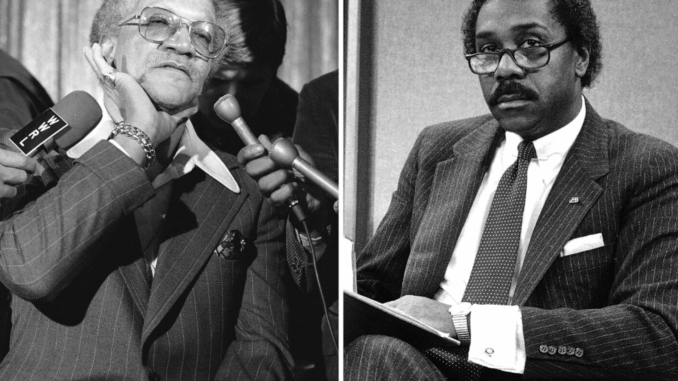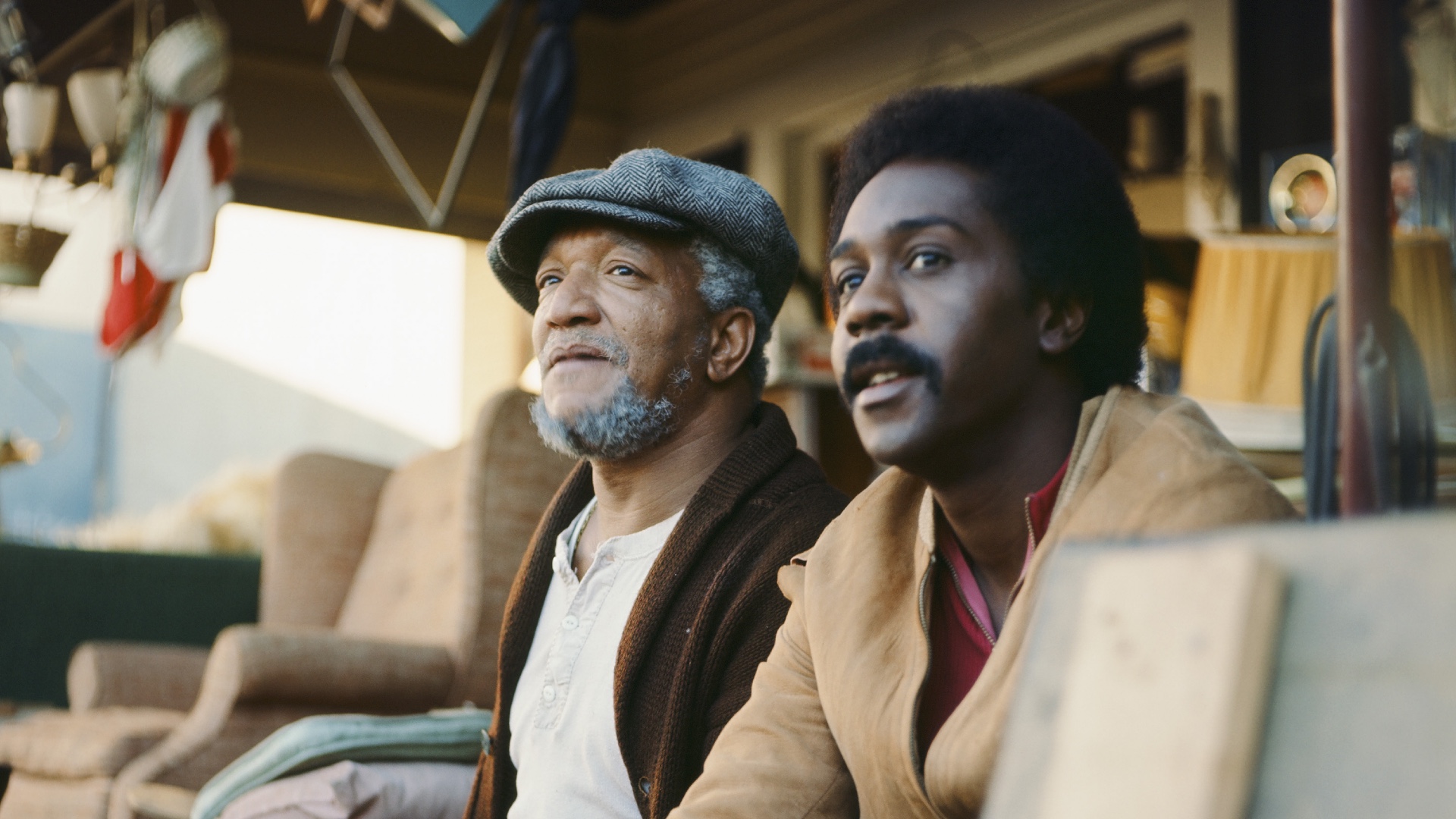
When Sanford and Son premiered in 1972, no one expected a foul-mouthed stand-up comic to become one of television’s most influential stars. But Redd Foxx, already a legend in the underground comedy scene, didn’t just play Fred Sanford — he was Fred Sanford. And his presence shook television to its core.
Raw, Real, and Unfiltered
Foxx didn’t water down his act for network TV. Though the show was cleaner than his raunchy nightclub routines, Fred Sanford still called people “dummy,” cracked biting one-liners, and made jokes that made censors nervous. He brought a kind of raw energy to the screen that was previously unheard of in prime-time sitcoms.
Before Foxx, Black characters on TV were often passive, background, or polite to a fault. Fred Sanford was loud, proud, and totally in charge of his world — even if that world was a cluttered junkyard in Watts.
Redefining Black Television

Sanford and Son was one of the first shows centered entirely around a working-class Black family — and it didn’t ask for permission to exist. It didn’t apologize for dialects, for cultural references, or for calling out racism in sly, funny ways. Instead, it embraced its Blackness with confidence.
Fred’s insults, mannerisms, and cultural expressions felt authentic because they were. Foxx brought his own voice to the character, often improvising lines or tweaking scripts to sound more natural. The result was a show that not only entertained, but represented.
From Stand-Up to Sitcom Star
Foxx’s rise from X-rated comedy records to prime-time fame was unprecedented. NBC took a huge risk casting him, but that gamble paid off. Sanford and Son became a smash hit, regularly drawing 20 million viewers. It paved the way for later Black-led sitcoms like Good Times, The Jeffersons, and eventually Martin and The Fresh Prince of Bel-Air.
Without Redd Foxx, there would be no blueprint for unapologetic, working-class Black comedy on television. He kicked down the door — and did it with a smirk and a fake heart attack.
The Legacy Lives On
Even today, reruns of Sanford and Son still make audiences laugh. Younger generations may not know the name Redd Foxx, but they know the swagger of Fred Sanford — the slouched walk, the “Elizabeth, I’m coming!” catchphrase, the relentless roasting of anyone who crossed his path.
Foxx proved that comedy could be both cultural and commercial. And in doing so, he didn’t just make us laugh — he changed the rules of television forever.